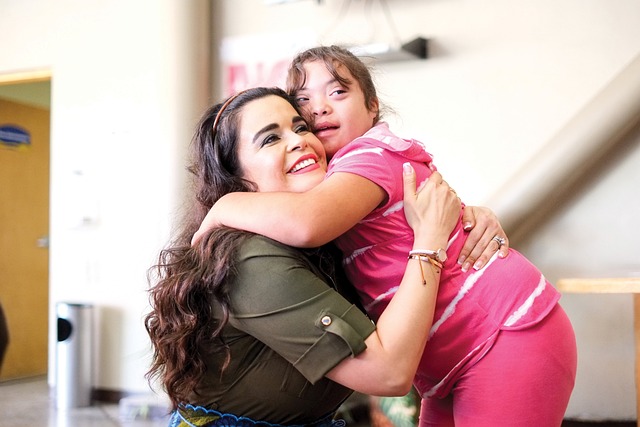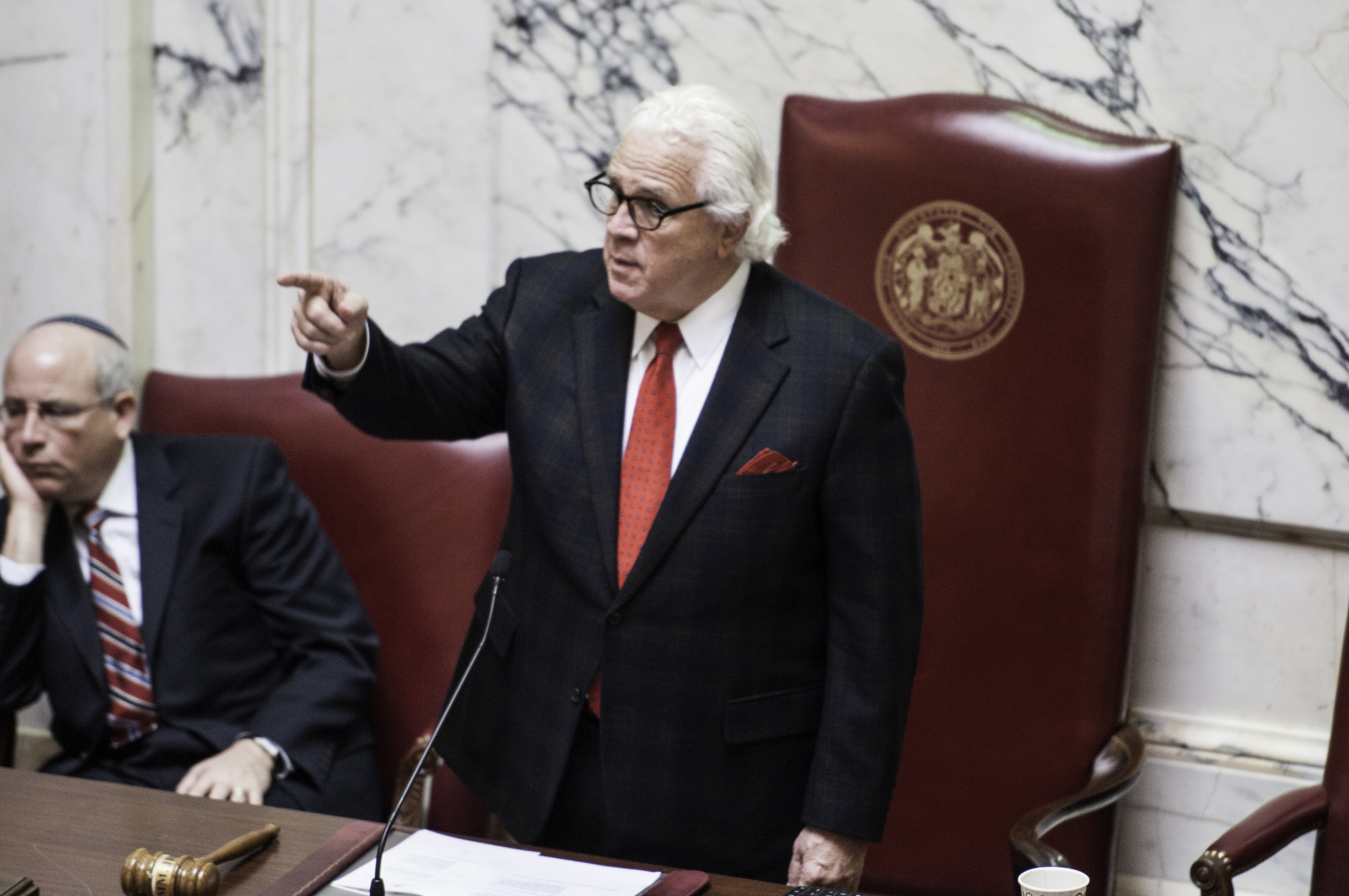For parents, decisions about our kids’ education are among the most discussed and debated in families, among friends, and in the public discourse. Public or private. Neighborhood or magnet. Move to the suburbs or try the new charter.
Now imagine that you are the parent of a child with a disability, like me and many of my closest friends whose families include someone with Down syndrome. You care every bit as much as every other parent about your child’s education—maybe more, because the stakes are that much higher. You’ve had an education of your own in the world of special education: acronyms, advocacy workshops, and incomprehensible assessment results. Then one day, your child’s school team recommends that your child be bussed two hours each way to attend a different school or spend all day in a segregated classroom.
“No,” you say. “I want my child to go to school with his siblings and neighbors. Can’t we try some additional support in the classroom?” My child deserves a chance to learn with typical peers in elementary school.”
Maybe the school team will listen and agree—to try some new instructional strategies or supports, to consult an expert for ideas, to meet your child where she is, and build on strength. Or maybe they’ll agree to mediation, seeking a middle ground. But maybe not. Maybe instead they’ll say, “The rest of the team agrees. We’re making this change. If you don’t like it, file for due process.”
Families of students with Down syndrome and other intellectual disabilities know that this disagreement is always looming. Despite decades of research showing that inclusion in general education classrooms leads to better academic and long–term outcomes, only 18% of Maryland students with intellectual disabilities are included in general education classrooms 80% or more of the day.
Due process—a mechanism for special education dispute resolution rooted in the 14th amendment to the Constitution (“…nor shall any state deprive any person of life, liberty, or property, without due process of law”). To a layperson like me, it sounds like it should be fair, and should ensure that the state’s coercive power over individuals is checked by an impartial arbiter. But it’s not.
If it were fair, Maryland parents without an attorney wouldn’t have lost every due process hearing in the last five years. Parents wouldn’t have to spend tens of thousands of dollars on attorneys and expert witnesses. Less affluent parents, who are disproportionately Black and brown or non-English speaking, would have equal access to this check on state power. Families wouldn’t be forced to accept decisions they feel are wrong for their children because the deck is so stacked against them.
One simple change could help level the playing field. Shifting the burden of proof. One tweak to the system —the school district presents its case first. That’s it. In the current system parents who disagree with a school decision go first, and if they don’t meet the burden of proof, the district doesn’t even need to make its argument. If a district believes its decision is right—like removing a kid from her neighborhood school—why shouldn’t the district have to prove it? Districts have the records, the experts, and the attorneys on the payroll. And the changes being proposed often have lifelong consequences for children.
We can make this change. We can bring fairness to this fundamentally unfair system by passing HB294 in the Maryland General Assembly this session, shifting the burden of proof from parents to school districts.
This shift does not burden teachers—the heroes of public education who are doing their level best in challenging times, always with too few resources, to educate our kids. Teachers are required to record lots of data when it comes to special education, but this change has nothing to do with that. The data used in due process proceedings is required for compliance with special education law and has already been compiled.
In the few states that have already shifted the burden of proof, the number of due process hearings have actually decreased over time. Turns out that when one side doesn’t hold all the cards, collaborative problem-solving becomes a more attractive option for everyone.
Let’s shift the burden of proof and pass HB294. Let’s create a more equitable system where everyone works together for the benefit of students of disabilities. A system where having fewer resources doesn’t mean you get less justice than your wealthier neighbors. And a system where the adults handle disagreements like adults—not with threats or heavy-handed legal maneuvering, but with mutual respect and fairness.






Recent Comments